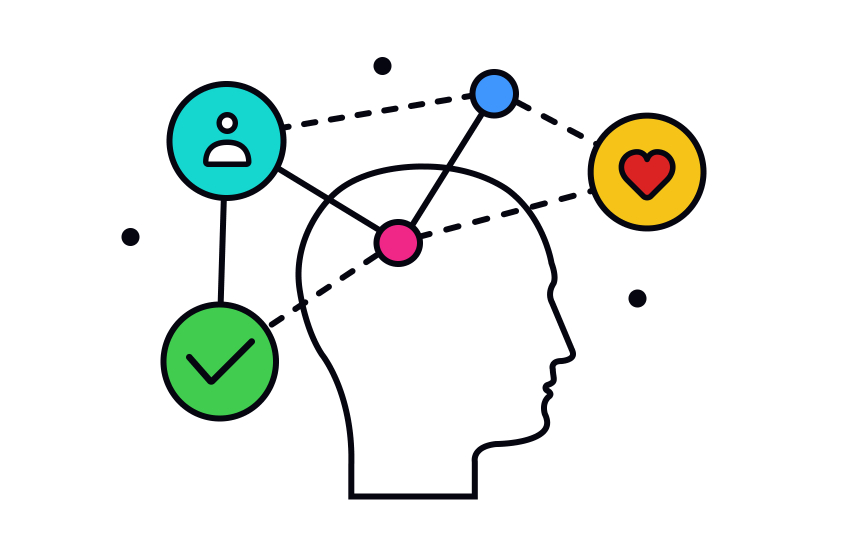Everyone has biases
Researchers are humans, and all humans have biases — tendencies, inclinations, or prejudices toward or against something or someone that exists in the subconscious.[1] When people encounter unfamiliar situations and don't have enough information about them, their brains explain them based on their existing beliefs and assumptions. Biases are our natural ability to process information faster. However, they are often based on stereotypes and can result in snap decisions, bad judgments, and false predictions.
For example, some people often have misconceptions about women's abilities to do technical jobs, even when they have similar skills and job experience as men.
Biases can seriously impact your user research and, eventually, the design and success of your product. One of the most effective methods to prevent biases from both researchers and participants is to ask the right questions. If researchers don't let their assumptions guide participants toward desired conclusions, respondents are more likely to give honest and insightful replies.


